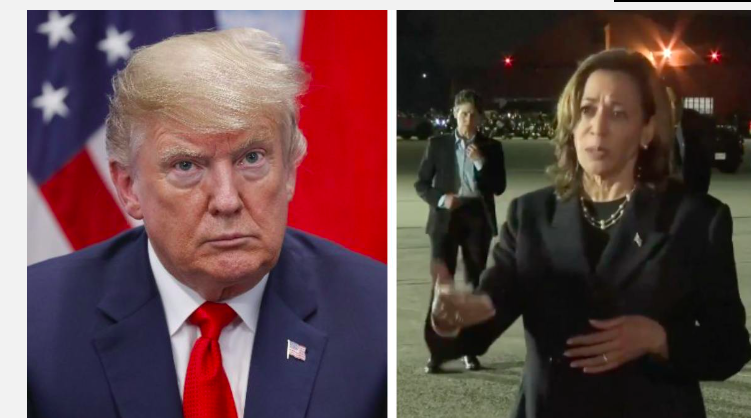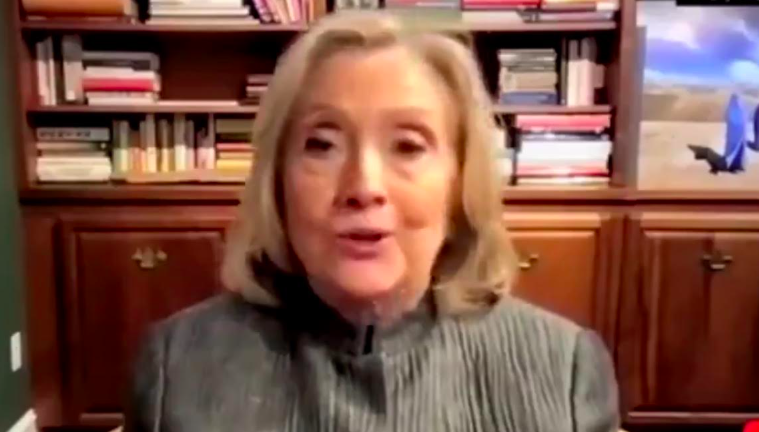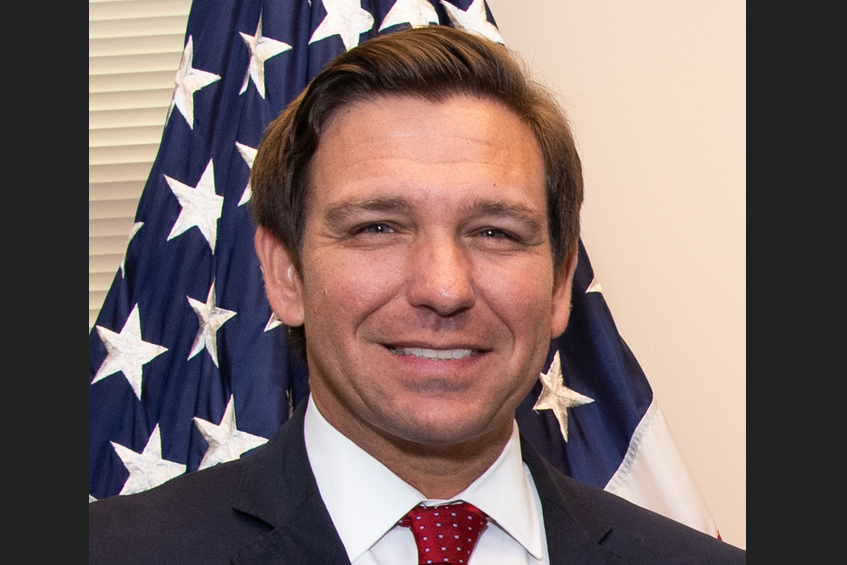BREAKING: Kamala REFUSES to Debate Trump on Fox News
In a startling political maneuver, Vice President Kamala Harris has declined an invitation to debate former President Donald Trump on Fox News. The refusal has sparked a significant debate among political analysts, with conservatives criticizing the decision as an evasion and progressives defending it as a strategic move.
The invitation, extended by Fox News, proposed a live, televised debate between Harris and Trump, aiming to provide a platform for direct discourse on key national issues. Fox News, known for its conservative viewership, has been a prominent stage for political debates, making this refusal particularly noteworthy.
According to The Gateway Pundit, Harris’s campaign has officially declined the invitation, citing concerns over the format and potential biases in moderation. A campaign spokesperson stated, “The Vice President believes that meaningful debates should occur in neutral forums where all participants are treated fairly and respectfully”.
However, this explanation has not quelled the backlash from conservative circles. Critics argue that Harris’s refusal is indicative of a broader strategy to avoid direct confrontation with Trump, whose rhetoric and debating style have proven challenging for many opponents.
The Post Millennial highlighted the skepticism among conservatives, noting that many view this as an opportunity missed for Harris to demonstrate her leadership and policy acumen.
Political commentator Ben Shapiro weighed in on the controversy, stating, “Harris’s refusal to debate Trump on Fox News is a clear indication of her campaign’s strategy to avoid any setting where they cannot control the narrative. It’s a disappointing move that deprives the American people of a chance to see their leaders confront each other directly on important issues.”
“Fact Check,” Charlie Kirk said on X, “Trump never agreed to debate Kamala Harris. He agreed to debate Joe Biden, which he did on CNN, which might as well be labeled a Democrat super PAC. Kamala is terrified of being revealed as the con artist she is.”
The refusal to engage in a debate on Fox News is perceived as a tactical retreat. It suggests a reluctance to face tough questioning and a potentially hostile audience. Trump supporters have been vocal about their disappointment, interpreting Harris’s decision as a lack of confidence in her ability to hold her own against the former president.
Notably, Trump’s response to Harris’s refusal has been predictably combative. He took to social media to criticize the Vice President, suggesting that her refusal was due to fear of facing him in a public forum. “Kamala is afraid to debate me because she knows she can’t win on the issues. Sad!” Trump tweeted.
The decision not to debate on Fox News has also reignited discussions about media bias and the role of news networks in shaping public perception. Fox News, while popular among conservative viewers, has been accused of harboring a partisan agenda. This perceived bias may have influenced Harris’s decision to seek a more neutral platform for any potential debates.
This refusal also reflects broader trends in contemporary political strategy, where candidates increasingly choose their forums and opponents carefully. In an era of hyper-partisan media, the choice of debate venues can significantly impact public perception and campaign momentum. By avoiding Fox News, Harris may be attempting to control the narrative and ensure a more favorable environment for future engagements.
The ramifications of this decision are likely to play out in the coming weeks, as both campaigns capitalize on the controversy to galvanize their respective bases. For conservatives, Harris’s refusal will be portrayed as a sign of weakness and a missed opportunity for transparency. Meanwhile, her supporters may argue that choosing not to engage on Fox News is a wise move to avoid a potentially biased and unproductive spectacle.
In the ever-evolving landscape of American politics, the refusal to debate on Fox News is a poignant reminder of the strategic calculations that define modern campaigns. As the 2024 election season intensifies, voters will undoubtedly be watching closely to see how both Harris and Trump navigate these contentious moments and what it reveals about their leadership styles and priorities.





